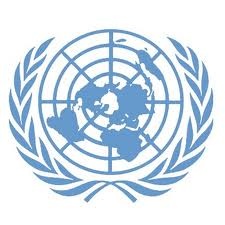Indigenous People
In the DFID White Paper, the government's commitment to addressing gender inequality highlights the frequent 'double disadvantage' of poor women. Poor women from minority groups, however, may experience additional discrimination. There is abundant evidence to show that many ethnic minorities and indigenous people are subject to economic, social and political disadvantage. The complex relationships between gender and ethnicity need to be addressed in order to understand the social processes leading to poverty of particular groups.




